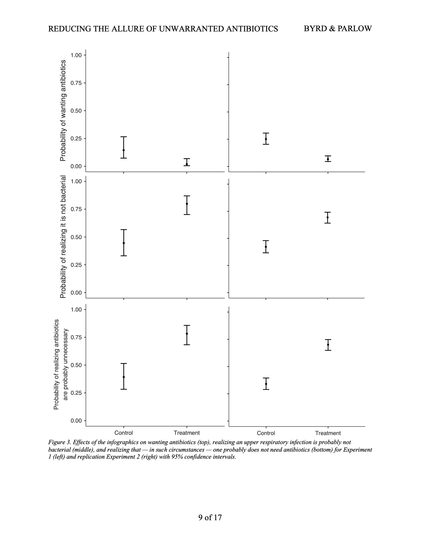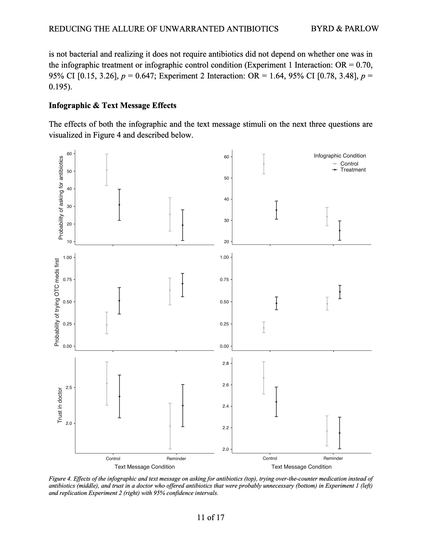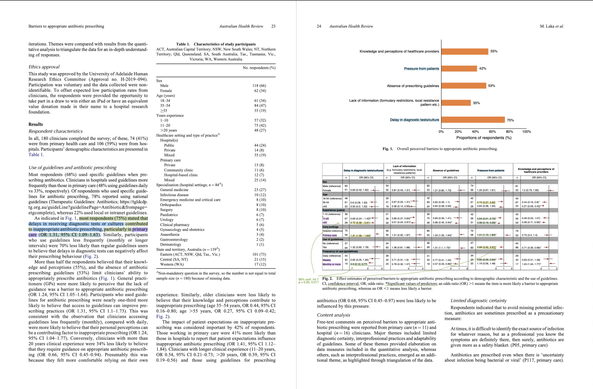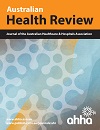David Noble builds on the work of White and Ovitt to offer an account of what he terms “the religion of technology” which amounts to a pervasive intermingling of religious concerns with the project of technology as a well as a tendency to link the quest for transcendence to technology.
From L.M. Sacasas's blog:
https://thefrailestthing.com/2012/02/22/christianity-and-the-history-of-technology-part-one/ titled Christianity and the History of Technology, Part One
Sacasas has a newer Substack that goes into more recent events:
https://theconvivialsociety.substack.com/p/secularization-comes-for-the-religion-6df . There are some great references in this newsletter, including American Technological Sublime by David Nye.
Nye tells a fascinating story about how Americans routinely experienced the advent of new technologies as encounters with the sublime. Not all technologies, of course, but Nye documents how technologies of a certain scale and dynamism elicited feelings of awe and wonder that could easily be described as religious in nature. Nye considers, for example, first encounters with the railroad, the factory, the Hoover Dam, the electrified cityscape, the Golden Gate Bridge, and, later, the atomic bomb and the launch of a Saturn V rocket during the Apollo program.
Nye shows that the experience of the technological sublime was incorporated into elaborate civic ceremonies and rituals that celebrated not only the technological marvel at hand, but also human ingenuity and the body politic.
The broad argument is that technological development is a religion in the United States. This is not meant as a metaphor, but as a literal fact: how Americans treat technology is not like a religious activity, it literally is one. I think this goes a long way towards explaining why we're so weird about
#tech here and now and especially why there are actual cults formed around it. Noble calls this phenomenon the "religion of technology" and spells out the connections. Sacasas weaves this together with modern developments.
Meghan O'Gieblyn makes these connections with modern developments as well, for instance in this talk God in the machine:
https://www.youtube.com/watch?v=hTXleWp5fUA . So has Émile P. Torres:
https://www.xriskology.com#TESCREAL #longtermist #EffectiveAltruism #AI #xriskcc
@timnitGebru@dair-community.social @xriskology@mastodon.bida.im




